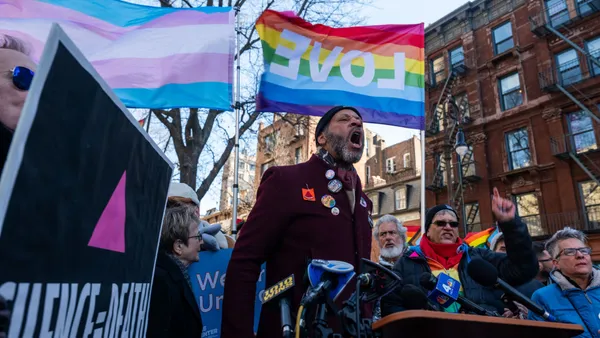Most businesses are failing to meet employee needs, particularly when it comes to workplace engagement and diversity, equity and inclusion issues, according to a May 3 report from Kelly Services.
The global survey found a growing divide between senior executives and employees. However, the most resilient organizations appear to be focusing on three main pillars: workforce agility, workforce capability and DEI initiatives.
“Now more than ever, employers are struggling to keep up with the evolving needs of talent and risk falling behind if they don’t bridge the growing divide related to workplace expectations,” Tammy Browning, senior vice president of Kelly, said in a statement.
“As organizations enter a post-pandemic era, those that prioritize building a resilient workforce by focusing on the three pillars will be better equipped to adapt to the future of work and thrive in changing market conditions,” she said.
In a survey of 4,200 people across 11 countries and 9 sectors, many said their workplace isn’t inclusive. In fact, 43% reported noninclusive behaviors at their employer, and 62% who said they plan to leave their roles in 12 months also reported noninclusive workplace behavior. On top of that, 37% said they work in a “psychologically unsafe environment.”
Paired with that, nearly half of executives — 47% — said their DEI strategy only pays lip service to supporting underrepresented groups. In addition, only 16% said their organization has a clear route for reporting discrimination at work.
In response, organizations should consider keeping their commitments to DEI this year, according to the report. As compared with “laggard” firms (which had decreased employee productivity, customer satisfaction and profits during the past year), leading firms were more likely to focus on building inclusion. This meant listening to employees’ views, providing a living wage, and offering flexible and hybrid work arrangements. These companies also offered accelerated training and career development programs.
In recent months, HR leaders have talked about the changing nature of DEI initiatives and what may come next this year. Programs may need a revival and to be incorporated into employee experience and engagement initiatives moving forward.
Senior executives and HR leaders may also need to grapple with budget constraints to make these initiatives a priority, according to recent research. Although DEI programs may be among the first cut during a financial crisis, they could be the best move to attract and retain talent, sources told HR Dive.












